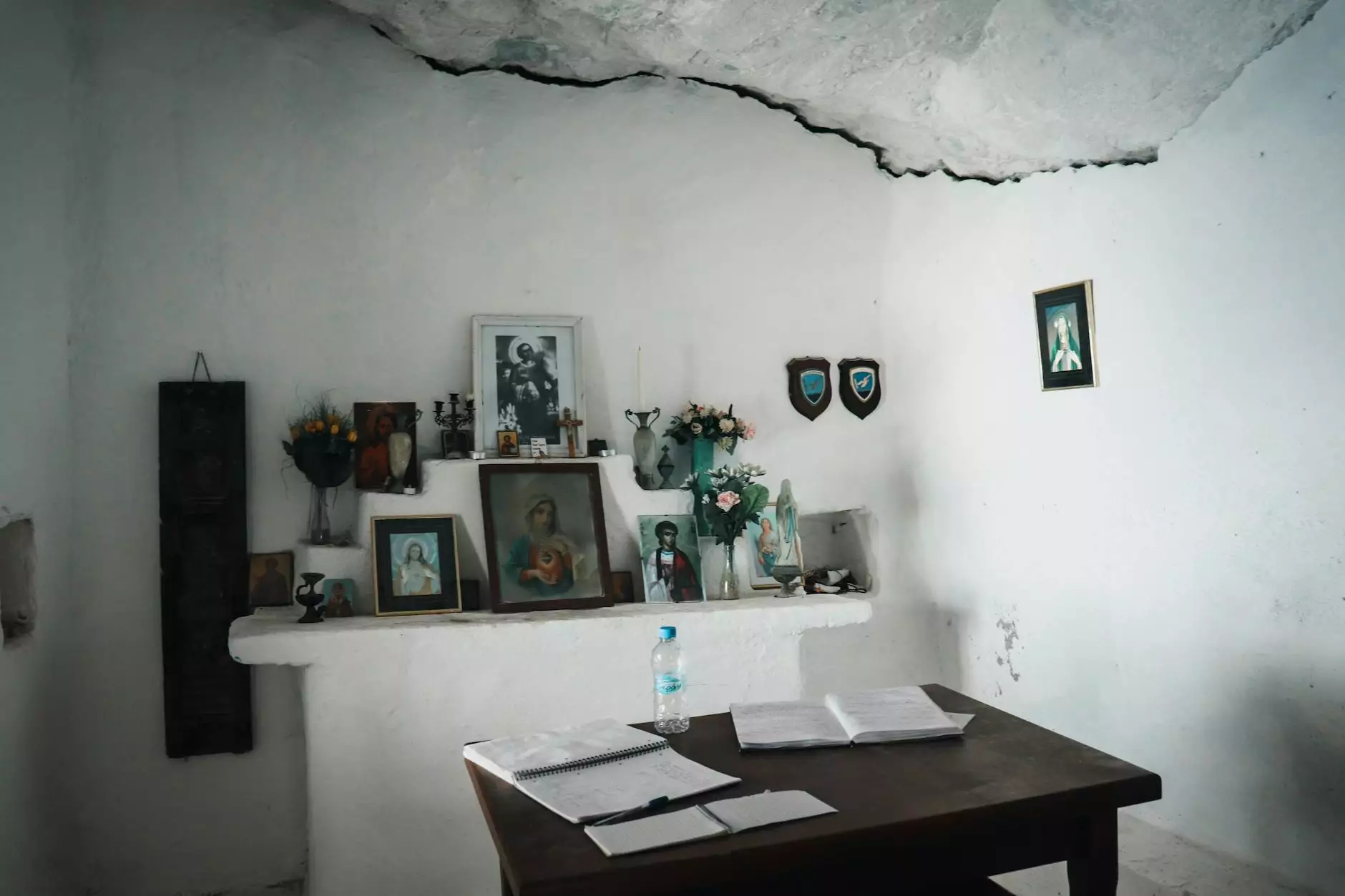Understanding Septic System Inspection: Essential Insights for Homeowners

The septic system inspection is a vital task that every homeowner should prioritize. As a fundamental part of your home's plumbing and waste management system, ensuring that your septic system is functioning properly is not just about convenience; it's crucial for the health of your family and the environment. At White Plumbing Company, we emphasize the importance of routine inspections to prevent costly repairs and ensure your home's plumbing systems operate seamlessly.
What is a Septic System?
A septic system is a self-contained underground wastewater treatment system commonly used in rural areas where centralized sewage treatment facilities are not available. A typical septic system consists of:
- Septic Tank: A large, watertight container buried underground that holds sewage and wastewater from your home.
- Drain Field: A network of perforated pipes laid in trenches that distribute effluent (the treated wastewater) into the ground.
- Soil: Acts as a natural filter, treating effluent before it reaches groundwater.
Why is Septic System Inspection Important?
Regular septic system inspections are crucial for several reasons:
- Prevent Costly Repairs: Early detection of issues can save homeowners thousands of dollars in major repairs.
- Protecting the Environment: A malfunctioning septic system can lead to contamination of local water sources.
- Health and Safety: A failed septic system can pose serious health risks to your family and neighbors.
- Legal Compliance: Many regions have regulations that require property owners to maintain their septic systems.
When to Schedule a Septic System Inspection?
It is generally recommended to have your septic system inspected at least once every 3 to 5 years, although certain factors can change this timeline. Here are some situations when you should definitely consider an inspection:
- If your system is over 5 years old
- After a prolonged heavy rainfall
- If you notice slow draining sinks or toilets
- Unusual odors around the septic tank or drain field
- If you plan to buy or sell a property
What to Expect During a Septic System Inspection
When you schedule a septic system inspection with White Plumbing Company, here is what you can generally expect from the process:
- Visual Assessment: Our technicians will start with a detailed walk-around to visually assess the access points, tank, and drain field.
- Tank Inspection: We will open the septic tank and check for solids build-up, scum layer thickness, and any signs of damage or cracks.
- Drain Field Examination: We will check for any signs of failure around the drain field, such as wet spots or unusual vegetation growth.
- Pumping Recommendation: Based on our findings, we will recommend whether your tank needs pumping to avoid overflow.
- Report and Recommendations: Finally, you will receive a detailed report of our findings, along with recommendations for maintenance or repairs if necessary.
Common Issues Found During Inspections
During inspections, we often encounter specific issues that can impact the functionality of your septic system:
- Clogged Pipes: Grease, hair, and other solids can build up over time.
- Tree Roots: Roots can invade drain fields or pipes, causing damage.
- Tank Leakage: Cracks in the tank can lead to contamination of surrounding soil.
- Improper Drain Field Size: If the field is too small, it can lead to overloading.
The Benefits of Choosing White Plumbing Company
Choosing to work with White Plumbing Company for your septic system inspection comes with several advantages:
- Experienced Professionals: Our team is highly trained and experienced in all aspects of septic system maintenance.
- Comprehensive Inspections: We provide thorough inspections that cover all aspects of your septic system.
- Customer Education: We take the time to explain our findings and help you understand your system.
- Reliable Service: We pride ourselves on punctuality and reliability; you can count on us for timely inspections and repairs.
Maintaining Your Septic System Between Inspections
Maintaining your septic system is not just the responsibility of your inspector; homeowners can take proactive steps to ensure their systems function effectively:
- Avoid Flushing Non-Biodegradable Items: Items like wipes, condoms, and feminine hygiene products can clog your system.
- Limit Water Usage: Excessive water use can overwhelm your system, especially during heavy rains.
- Use Eco-Friendly Products: Harsh chemicals can damage the beneficial bacteria in your septic tank.
- Regular Pumping: Plan to have your septic tank pumped every 3 to 5 years for optimal performance.
- Monitor for Changes: Be vigilant for signs of trouble, such as odors, slow drains, or wet spots.
Conclusion
In conclusion, a proactive approach to septic system inspection is critical for all homeowners, especially those utilizing a private septic system. Regular inspections not only protect your property and investment but also safeguard the environment and public health. At White Plumbing Company, we are committed to providing high-quality septic inspections and services. If you have any concerns about your septic system or need to schedule an inspection, don’t hesitate to contact us today!
Contact us now at whiteplumbingcompany.com for more information and to schedule your comprehensive septic system inspection!









